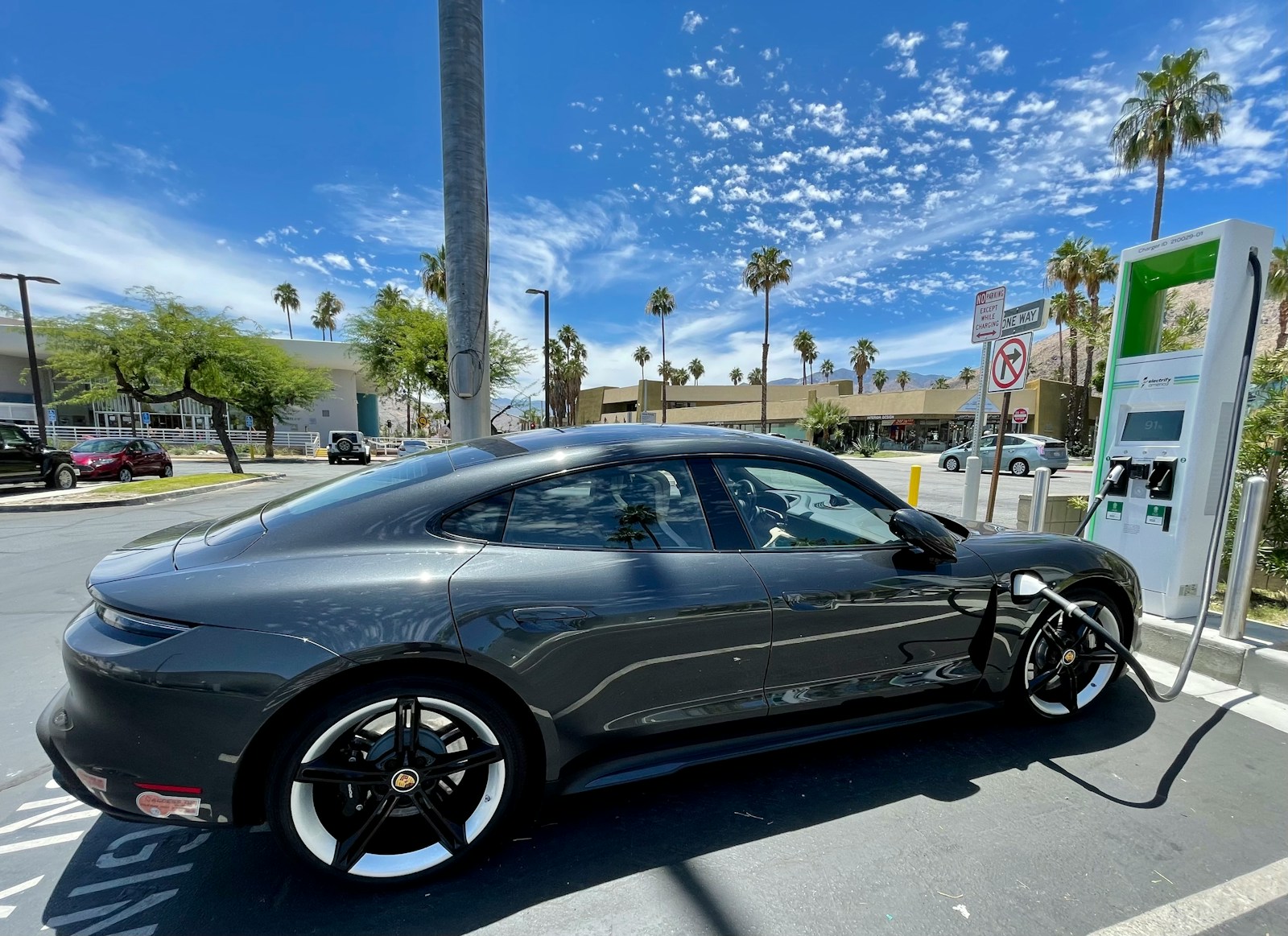
How Electric Vehicles Affect Insurance Premiums Compared to Traditional Gas-Powered Cars
While electric and gas-powered cars share many common risks on the road, the differences in build, repair costs and value can influence how insurance companies assess them.
Factors That May Influence Premiums for Electric Vehicles
One key consideration is the cost to repair or replace an electric vehicle (EV). EVs have high-tech components such as battery systems and advanced sensors. These elements can be more expensive to source and service after a collision. As a result, some insurers may calculate higher premiums to reflect the added expense of these repairs.
EVs tend to have higher purchase prices than their gas-powered counterparts. Insurance evaluations factor in vehicle value, which can affect the overall premium.
Vehicles parked in garages or near designated charging stations may be assessed differently than those in less accessible areas. While this is not universal, it can be one of several variables involved.
Some insurers also look at usage habits, and drivers who adopt EVs may travel fewer miles or drive at different times than average commuters. These behavioral trends can influence rate offers.
Comparing EVs to Gas-Powered Vehicles
Traditional gas-powered vehicles, parts, and labor are widely available, which can simplify the claims process and lower repair costs. The insurance industry has decades of data on gas cars, making it easier for providers to predict risks and price accordingly.
Gas vehicles often present a more familiar profile to underwriters. Insurance carriers can quickly assess factors like engine size, safety ratings and typical driving usage. Electric cars, being newer to the market, introduce more variability and require additional consideration.
Learn More
Contact an agent at Dan Smith Insurance Agency, Inc. today to discuss how your vehicle choice may impact your auto insurance.
This blog is intended for informational and educational use only. It is not exhaustive and should not be construed as legal advice. Please contact your insurance professional for further information.
